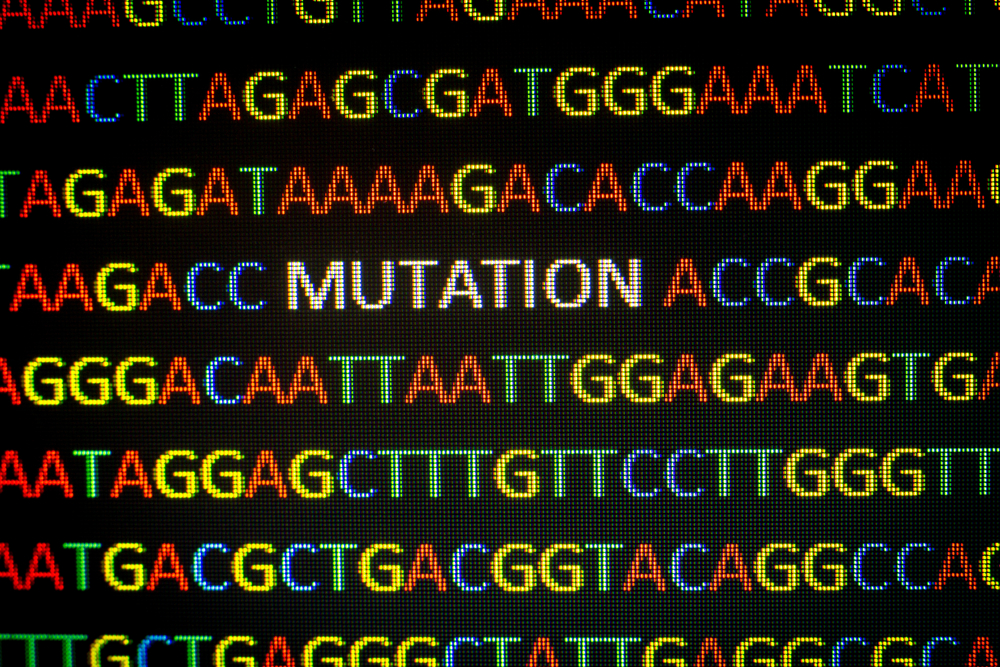Newly Discovered MFN2 Gene Mutation Linked to Severe Form of CMT Type 2A, Study Reports

Researchers have identified a new mutation in the MFN2 gene that was linked to early onset of Charcot-Marie-Tooth hereditary neuropathy type 2 (CMT2) with complex and severe symptoms.
The case study, “A novel homozygous MFN2 mutation associated with severe and atypical CMT2 phenotype,” was published in the European Journal of Paediatric Neurology.
The study describes the case of a 9-year-old girl, born from healthy consanguineous parents, who showed several signs of psychomotor delay from early on. These delays included acquiring head control at 6 months of age and managing an erect position at 2 years. At 3, brain MRIs showed no signs of abnormalities, but by 5, the girl showed severe psychomotor delay, progressive muscular degeneration in the lower extremities, and loose ligaments, according to researchers.
Additional impairments included the ability to take a few steps only with the support of two hands, a lack of tendon reflexes in all limbs, and bilateral foot and wrist drop.
“Neurophysiological testing revealed absent nerve conduction and compound motor action potential (CMAP) at the lower limbs, indicative of symmetrical and severe axonal neuropathy [nerve disease] with prevalent motor involvement,” researchers reported.
At the age of 7, the patient developed signs previously detected in an adult patient with MFN2-related CMT2 neuropathy: bilateral and symmetric lesions at the nerves connecting the cerebellum with the underlying brain stem, called cerebellar peduncles; thinning of the optic nerves; and lactate peak seen in magnetic resonance spectroscopy. (Lactate is not normally detected in a healthy brain.)
Genetic tests excluded diseases such as congenital cataracts facial dysmorphism and neuropathy, as well as Marinesco-Sjögren syndrome.
Researchers performed a genetic analysis and found a new mutation in the MFN2 gene inherited by both healthy parents.
At the age of 9, the patient was unable to stand up without support and was confined to a wheelchair. These symptoms were accompanied by low muscle tone mainly at the extremities and loss of sphincters control, among others.
Overall, “this case highlights a rare mechanism of inheritance for MFN2 mutations and expands the clinical and allelic variance of severe CMT2A phenotype,” researchers wrote.
The findings support the “involvement of cerebellar peduncles observed at neuroimaging as a novel clue to suspect the diagnosis and address genetic testing,” the study concluded.





